The game was released last month, on the 15th August and I’d have written this review sooner were it not for the scene-stealing announcement from Valve regarding Steam Play just a few days after release! But put down those old Windows games for a moment. Honestly, State of Mind is well worth a look.
Disclosure: Copy personally purchased.
The setting is stunning. You’ll transition frequently between a futuristic, dystopian Berlin and a virtual landscape called City 5. It’s all very reminiscent of Deus Ex or Blade Runner and indeed, some of the plot revolves around the idea of what makes us human. In fact, this is a fairly grand game in terms of plot and you’ll recognise a number of tropes throughout: artificial intelligence achieving singularity, the definition of humanity, cyber-augmentation, state surveillance, oppression and rebellion. It’s a testament to the writing, visuals and voice acting that it’s all presented reasonably realistically.

And that voice acting! Nolan is portrayed by Doug Cockle, more famous for his rendition of Geralt of Rivia from the Witcher series. That said, you might recognise Doug as Victor Vran instead, or perhaps as one of the many uncredited voices on Horizon Zero Dawn. Nolan’s mistress, Lydia, is portrayed by another voice acting stalwart, Alexa Kahn, having previously worked on a huge number of TV and Video Games titles, including Horizon Zero Dawn again, The Division, Wasteland 2 and Secret of Mana. Nolan’s wife Tracy is voiced by Laila Pyne notable for her work on, yep, Horizon Zero Dawn and many others, including Xenoblade Chronicles 2, Mirror’s Edge: Catalyst and Star Wars: Battlefront. Finally, Nolan’s android Simon is voiced by Akie Kotabe, who has cropped up on various games such as Need for Speed: Payback, Homefront: The Revolution and (surprise!) Horizon Zero Dawn. I’m beginning to suspect that the “Video Game Voice Acting” industry is pretty compact!
You'll switch between various characters throughout the story, but most of the plot revolves principally around the character of Richard Nolan. Nolan is a journalist working for a large media outlet called The Voice and he is one of the few remaining critics of the use of androids in daily life. The plot is driven by Nolan waking up from a car accident and arriving home to find his wife and young son missing. They were having problems as a family, but Nolan quickly realises that there’s more to it than a marital crisis.
Gameplay
State of Mind is an over-the-shoulder third person adventure. You have free movement around the environment, and there’s a basic but intuitive interface for interacting with objects and people. Branching conversations move the dialogue along while still allowing you stamp some of your own personality on each character’s experience. Some of these are pretty trivial, while others have clear consequences and will affect how later elements of the story play out.
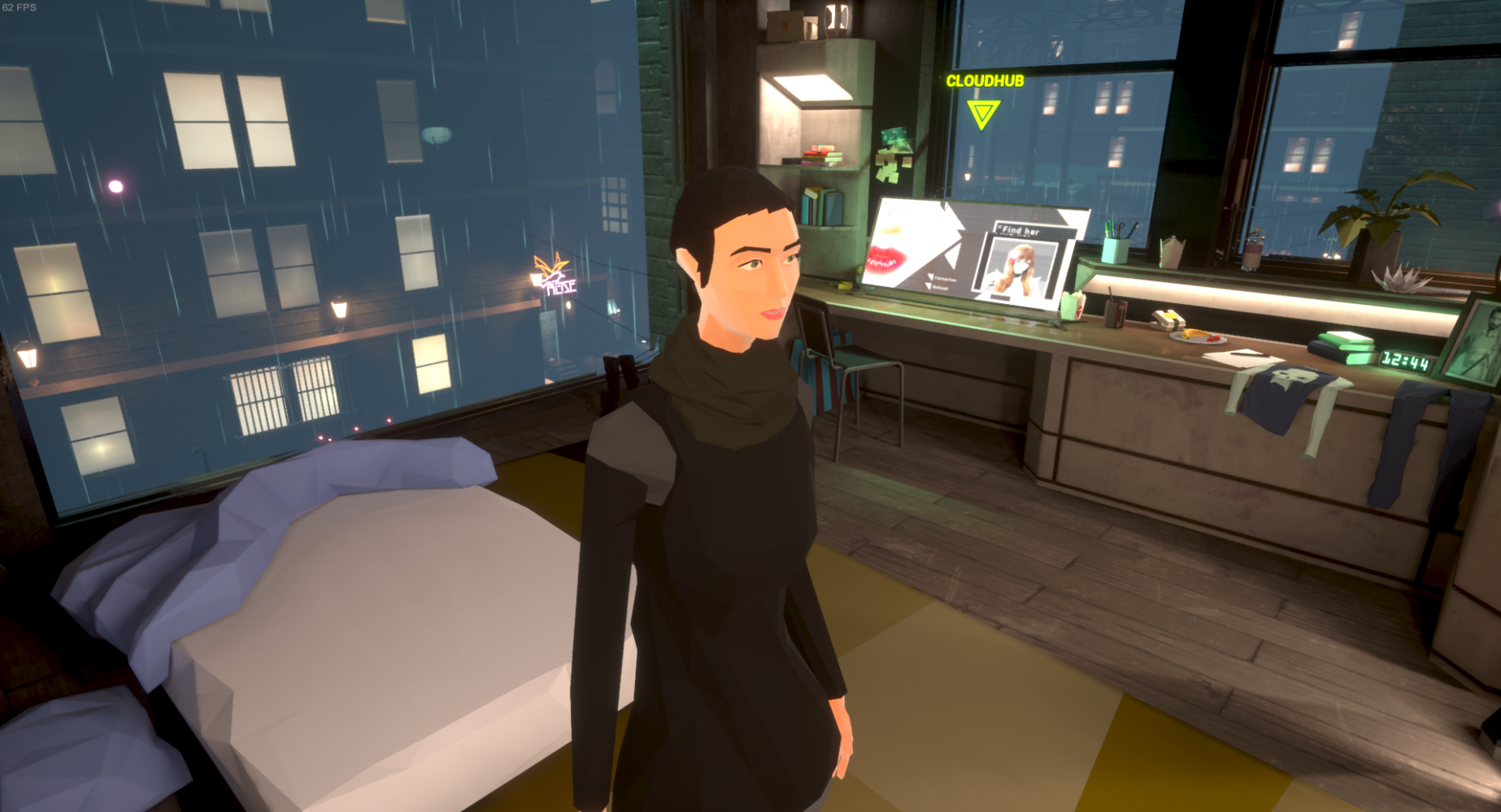
Similarly, some of the interactions are insanely trivial but still completely awesome. For example, you can use a wall panel in your home to activate holographics in your son’s bedroom, alter the lighting, or change the mood sounds to help him sleep. Fancy some fish swimming around the room in low light to the sound of rainfall? It’s all there, and it’s all almost completely irrelevant to the story. There’s a similar piece in City 5, where you use various terminals around a balloon launch to create musical notes, holograms and lighting effects which then triggers in a grand finale when the launch occurs. It’s the many, many touches like this that help establish the environment and make it all feel so real.
There are various puzzle elements along the way, but (with one exception, see below) nothing too strenuous. The most common and sadly the most frustrating is when you have to piece together a virtual scene in order to progress the plot. The scene is built like a Google Photosphere and you’re challenged to fit the scene together like a jigsaw, by cycling through multiple scene options for each segment. It’s a fine concept, but rarely clear which scene you’re trying to build. Nolan’s occasional grunts of “uh huh”, or “that’s better”, or “not quite right” are also delayed just enough to confuse, rather than help. It is, however, still pretty cool when you nail it.
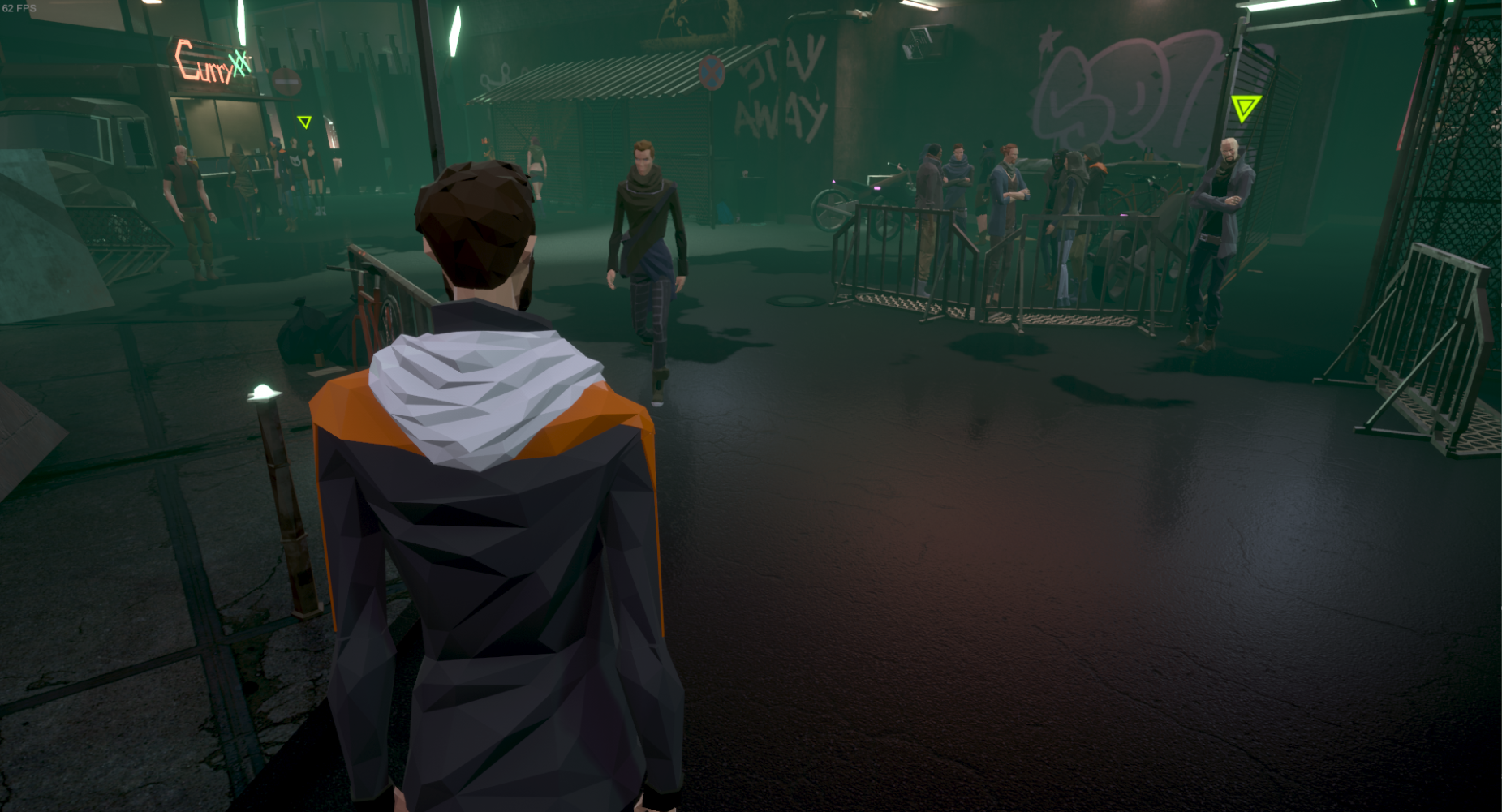
A more satisfying puzzle is based on the fact that you’re a journalist. Snippets of information and photos are presented on a desk, and your job is to find three from the pile which best represent what you need to progress the story. It really draws you into the character when you’re given role-based tasks like this.
Not so good
Object interactions can occasionally be a little frustrating. Sometimes you’ll see the interaction menu pop up and you turn towards it to get it into view and it just vanishes. Then you’ll spend anywhere between 2 and 10 seconds backing up and turning around and pointing towards the object to make the interaction menu appear. It doesn’t happen often, but it’s far from elegant when it does.
One of the puzzles was, to me, just utterly baffling. It has you spinning a train carriage around a circular landing by pressing two unlabelled buttons in two separate locations (you control two characters, seamlessly switching between them in order to coordinate their presses). However, I had literally not a clue what was expected and after three or four minutes of pressing buttons and watching the train spin, I was surprised but relieved when I found that I’d solved it. All the other puzzles in the game are reasonably clear on how you accomplish them, so this train spinning nightmare is a bit of a curve ball.
Personally, I found the pacing to be a little slow. You’ll complete State of Mind in around 10 hours give or take an hour or so, but some of that journey is padded with what feels like unnecessary dialogue, such as when Steve takes you to a coffee shop to rag you out over how you treated his wife (in hindsight, I was pretty harsh with her). On the other hand, Daedalic built an entire coffee shop into the game, and invented 5 minutes of dialogue just on the off chance you were snippy with Steve’s wife. The attention to detail here is pretty admirable!
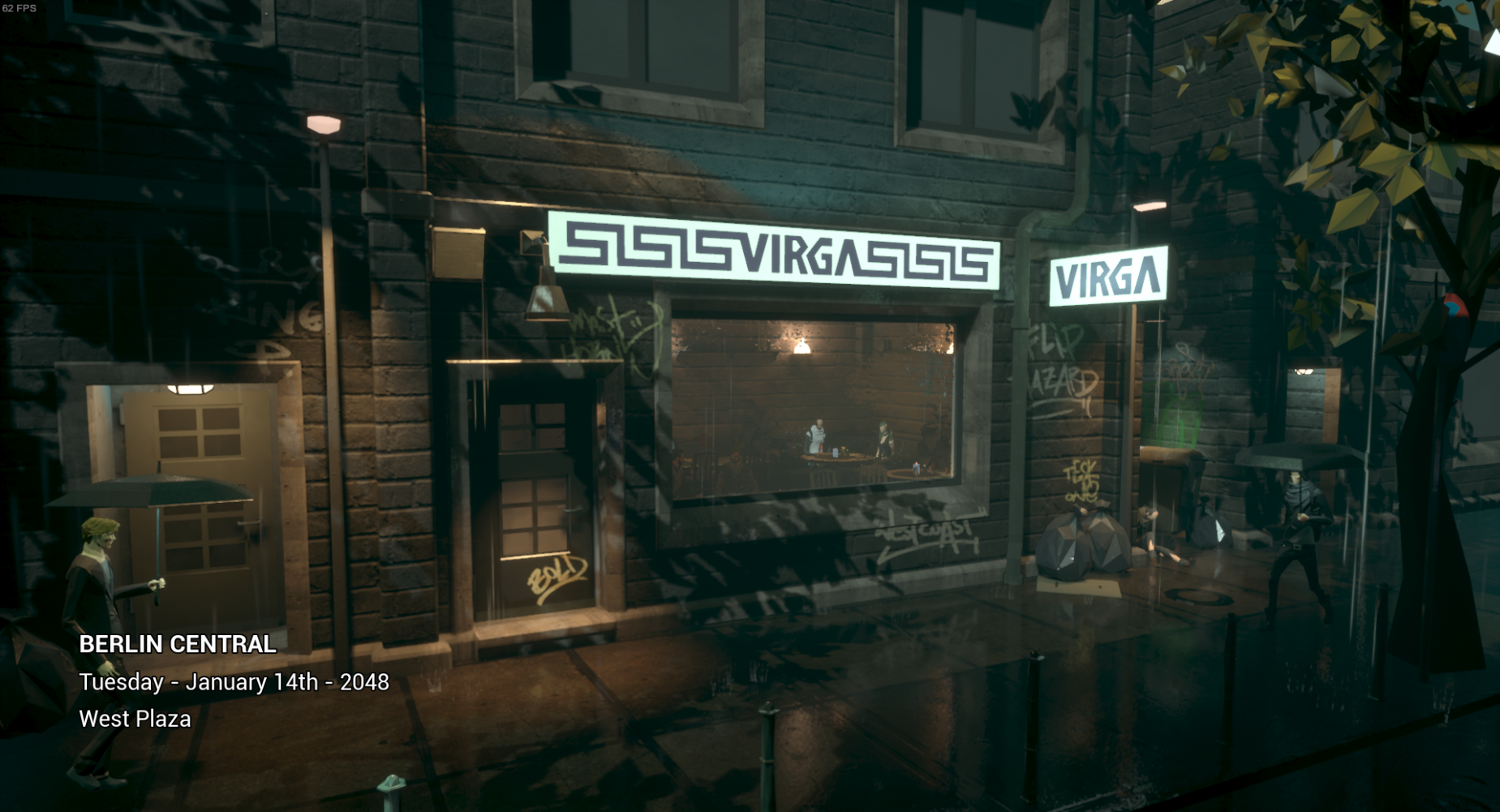
My only other gripe is minor - when I finish a game, I like to watch the credits rolling. Weird, I know, but I like to know who was behind the game, who contributed and so on. It’s soothing. So when I sat through State of Mind’s credit sequence I was initially pleased to see them also credit the open source projects they used in the game. Great, right? Except, instead of just listing them and maybe thanking their creators and contributors, State of Mind listed the full terms of each licence, in full - SDL, zLib, LibPNG, Ogg Vorbis, OpenEXR, and many, many more. It’s bizarre. As a result, the credits run to around 40 minutes! It’s even more outlandish when you consider that there’s a menu option that you can use to review the terms at any point of your choosing, so listing them in the credits themselves feels pretty redundant.
Summary
So, as with many Daedalic titles, State of Mind is more about the story and less about the gameplay. Provided you bear that in mind, I think you’re in for a treat. Despite the sometimes slow pacing and the sometimes difficult to follow plot, I really enjoyed playing State of Mind. There’s not much room for replay, sadly, unless you’re a completionist, and that pacing really does rob the game of the cinematic presence it truly deserves. But the polish, attention to detail, voice acting and visuals are all of the very highest quality and I would definitely recommend giving this a shot.
Because critics are saying it for money
That's extremely conspiratorial. It's actually quite ridiculous, to be honest.
Are there bad apples in this business? obviously, like it is in any industry. But this idea of "everyone who's making a living out of it have a second agenda and can' be trusted" paranoid view really has become a major problem. And I'm now talking in very general terms. That's the foundation as to why fake news can have such a massive potential to spread.
Of course good professional reviews exist, and trustworthy sources exist. They depend on it. It's the small sites, on the verge of becoming popular, that's the sources to be weary of. They are typically inexperienced with the attention of the publishing houses, and fall for temptations of a quick "sponsor" deal.
If you are to buy, say, a hifi rig: Would you then just ask your friends who don't really know more about this than you do yourself, or would you turn to professional sources who's actually tried and tested tens, maybe hundreds of similar amplifiers (or whatever), tested in a properly treated room. I hope you in those cases see the advantages of a pro. I believe the same can be applied to other types of reviews. It's not all about "opinions".
and gamers are saying it how it is
This is equally one-dimensional. Why do you think it's really really hard to find a review on youtube, done by amateurs, that's critical to what they "review"? I don't know if you've ever noticed, but I have. I'm also a musician and often check out videos on various equipment. And most often, on Youtube, it's either a Music Equipment store (their intentions are obvious here) or an amateur that's doing those reviews. And I'm not exaggerating here now: I am yet to have seen one single review that's in disfavour of a guitar pedal. Not ONE.
Are these "reviewers" all receiving those pedals from the manufacturer for free, and want to receive more pedals? You make up your mind...
That's extremely conspiratorial.
Not really, it's simply my experience that I don't like most of the professional reviews. Reasons for that are really secondary, above is just one of the possible ones. And surely there can be very good reviews from such sites, and I enjoy reading them sometimes. But I'd rather use my time to collect information about games from other gamers, it gives me higher quality yield.
Of course good professional reviews exist, and trustworthy sources exist. They depend on it. It's the small sites, on the verge of becoming popular, that's the sources to be weary of.
That's not really how it works. You can apply same to all journalism in general. Does it mean you blindly trust big media because "they depend on it"? I wouldn't in the least.
Last edited by Shmerl on 17 Sep 2018 at 1:05 pm UTC
Mmm . . . I do think there are advantages to the reviewers' focus and professionalism. But there are systematic disadvantages as well. Reviewers by definition become jaded; their perspective becomes distinct from that of the typical gamer (or moviegoer or whatever) in the sense that they've seen it all before, many times.
This is a valid, and interesting argument. I would then say that's where we separate the good reviewers from the bad. A GOOD reviewer is able to tell the reader if this is something for THEM - regardless of their own jadedness. That's their task. To do a proper review is answering the questions all their readers have about this product.
But I do agree, this is a valid argument and something that pro reviewer must be very aware of.
There are nine cyberpunk and/or posthumanist tropes mentioned there so I think it's pretty clear what he means.Well, fair enough then.
Mind you, some of those are dupes--like, two "Skynet AIs" coming to consciousness isn't really two separate themes. And, a robot uprising seems unlikely to happen without robots coming to consciousness, so those aren't really separate themes. For that matter, a robot consciousness is just an AI in a physical body, so all four of those are really just "AIs coming into existence and doing things". The colonization of Mars isn't a theme of posthumanism at all, and I'm not sure Luddites are either. So what we're left with is, stuff about AIs coming into existence and having their own agendas, plus maybe Luddites, copy-pasting consciousness, memory fragments, and "some kind of Matrix thingy", which makes three to five themes of posthumanism depending what "some kind of matrix thingy" means.
But that's "events that are happening at the start of the game". Are all of those events part of the actual plot, or are some of them just setting? It's nice to have a rich background.
But I'd have to agree that whether or not that criticism is actually right (and for that matter, whether or not you agree with a taste for sparseness in themes), it does actually mean something and they did indicate what it was they meant, so I think Scaine's wrong there.
Whaaaaa? Outrageous! :)
The "Matrix thingy" is core to the idea of humanism and related (again) back to the emergence of AI (which comes clear in the last choice you'll make in the game). Basically, do you consider a virtual version of yourself, running inside an AI generated "City 5" to be... you. You can ignore the Mars thing - as I alluded to in my earlier comment, it's a red herring here and makes me think Darragh didn't finish the game before publishing his review. As for the China thing - I honestly can't remember that bit. Anyone remind me what this is going on about?
So for me, everything boiled down to two themes - humanity and AI emergence.
And this circles back to pretentious. Darragh could have focused on the core themes and criticised their handling. Instead, he inflated his own importance by "noticing" several different things which, to my mind, are the same thing. But it fits his "clever me" narrative.
I dunno. You make it sound like there's no such thing as actual pretentiousness, or at least that it's very rare. I don't think that's true. There's an awful lot of people out there, whether in business or academia or the media, trying to dress up little or nonexistent ideas to sound big and significant.
While I agree that using big words to cover up for weak arguments exist in the wild, I don't classify that as pretentiousness. Grandstanding might be a better fit. So yes, I do believe pretentiousness pretty much doesn't exist.
No idea what you mean here. Pretentiousness doesn't exist? Really? People inflate their own importance and merit all the time, don't they? In my opinion, this guy does it throughout his review. I try to use five words instead of fifty and I try to use small words instead of big ones, but Darragh's writing in this review screams "I'm so clever". I'm not a fan of that.
Don't get defensive because a person felt differently about a game than you did.At the risk of sounding snippy, you should perhaps take your own advice. I don't like this RPS review, and you did. Let's leave it at that, I think.
Uhhh . . . are you trying to say that it's not possible, or somehow incredibly difficult, to type without your eyes on the keyboard if your keyboard is qwerty?
It's hard to unlearn 20 years of habit.
Indeed it is. Many at work still type by looking at the keyboard, and using only two fingers. And they're software engineers. Makes me glad that the one thing my high school education insisted upon was touch typing on qwerty (which also helped with qwertz).
@scaine: does the game look and _feel_ like Berlin (if you have any point of reference for that)? Taking into account a futuristic setting of course. Just trying to get my expectations right.
Sadly, Berlin is one of the major German cities that I've never visited! I'm going to say no, though, based on the fact that the play area is almost absurdly small in most cases - often a single street in most cases which are depicted with unrecognisable, futuristic neon-glowing facades. It's fairly generic cyberpunk depiction really.
Ah, wait, wait, I think I miscommunicated something. I was never suggesting that you personally switch. I was just saying that there was now less reason for people to take it up and that there were reasons why the Dvorak project in general might have lost momentum.Uhhh . . . are you trying to say that it's not possible, or somehow incredibly difficult, to type without your eyes on the keyboard if your keyboard is qwerty?
It's hard to unlearn 20 years of habit.
That's not really how it works. You can apply same to all journalism in general. Does it mean you blindly trust big media because "they depend on it"? I wouldn't in the least.
What I miss is nuances in your posts. One should be careful with "blind trust" toward anyone, especially if "blind" means one do not use our own judgement or critical sense, or ignore it if a vast majority is saying something else.
What this boils down to is an acceptance that knowledge and experience makes one better at doing something, and education has a purpose.
So, if we are to talk in binary levels, do I trust or distrust a journalist with a proper education and years of experience? Yes, I would definitely say that I do, just like I do respect other professions and educated individuals in those professions. Should we all trust those more than laymen with an obvious agenda? Yes, yes and please: Yes. It's not like everyone loses all morale and ethics the moment they become skilled.
Same goes with science (another field popular to distrust these days): We must trust scientific studies more than opinions and anecdotes, or cling to deviations that confirms our own world view.
But writing a proper, good review is really quite hard. It's not just to sit there and type down some impressions according to our own preferences. If you're lucky that reviewer is exactly like you. But if not, the review becomes practically worthless.
Now, we could dive into a deeper discussion about the aforementioned nuances, both in regards to media and professionalism VS amateur work in general, but then we need to stop taking about "big media" as one big, homogeneous blob, or "professional reviews" as one body of work.
But writing a proper, good review is really quite hard.
We are looking for different things in reviews then. You are looking for professional critic style review, while I'm looking for experience of players and their opinions on it. Players on average spend more time than reviewers actually playing and therefore ironically have more data to form an informed opinion despite not being professional critics.
Last edited by Shmerl on 18 Sep 2018 at 12:31 pm UTC
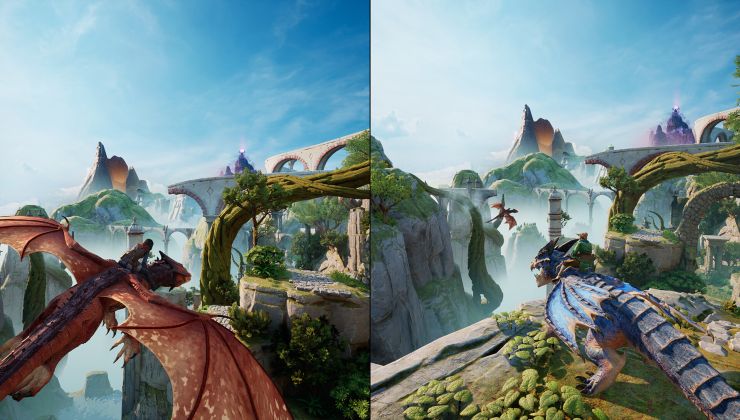


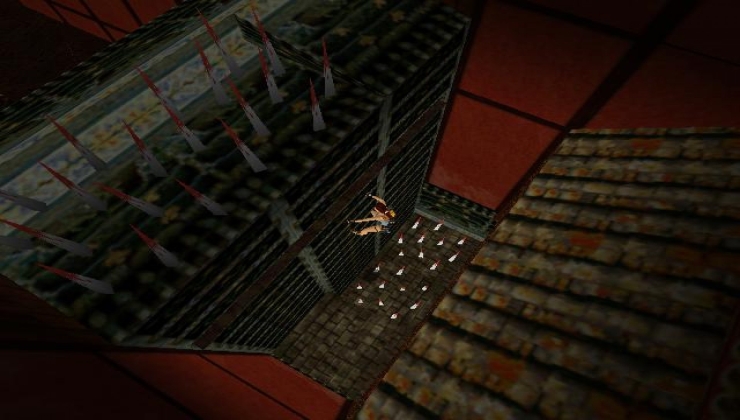


 How to set, change and reset your SteamOS / Steam Deck desktop sudo password
How to set, change and reset your SteamOS / Steam Deck desktop sudo password How to set up Decky Loader on Steam Deck / SteamOS for easy plugins
How to set up Decky Loader on Steam Deck / SteamOS for easy plugins
I also occasionally dabble a bit in Python, I do Internet Security for a living and finally, I'm a big fan of Neil Degrasse Tyson. And not just because he has a cool first name.
See more from me